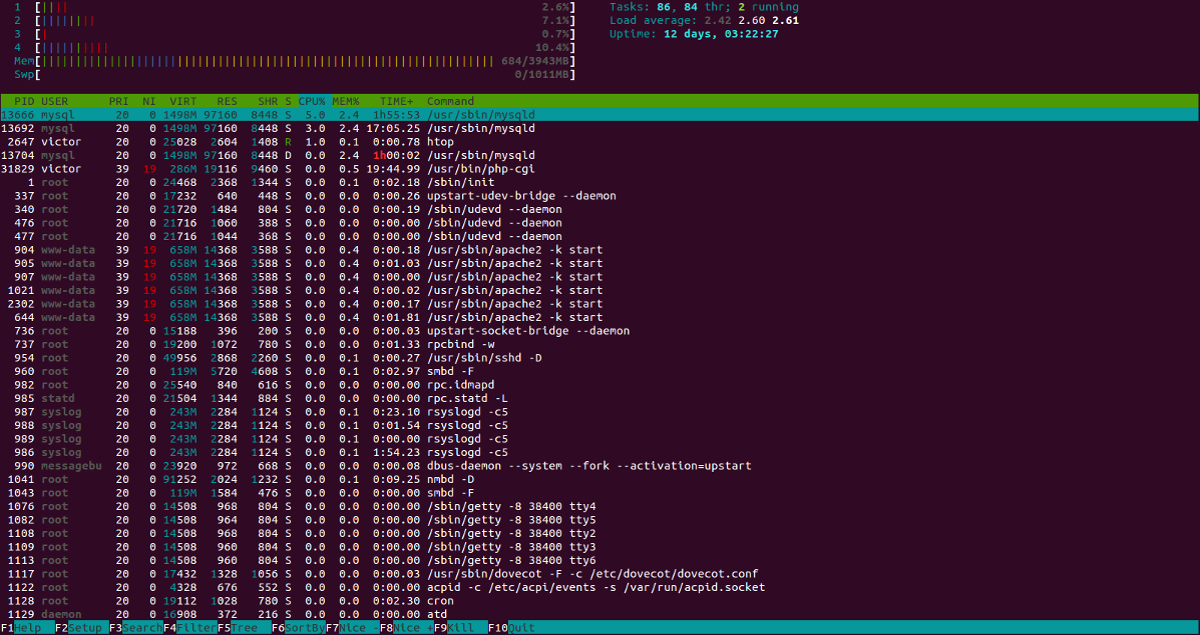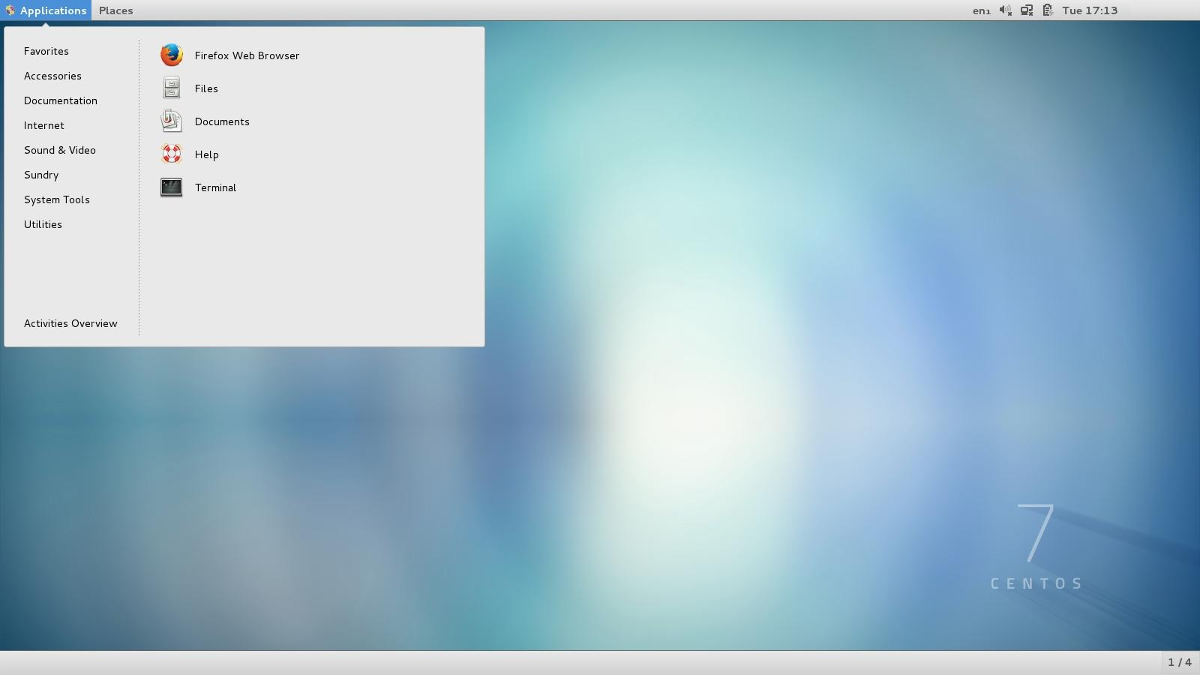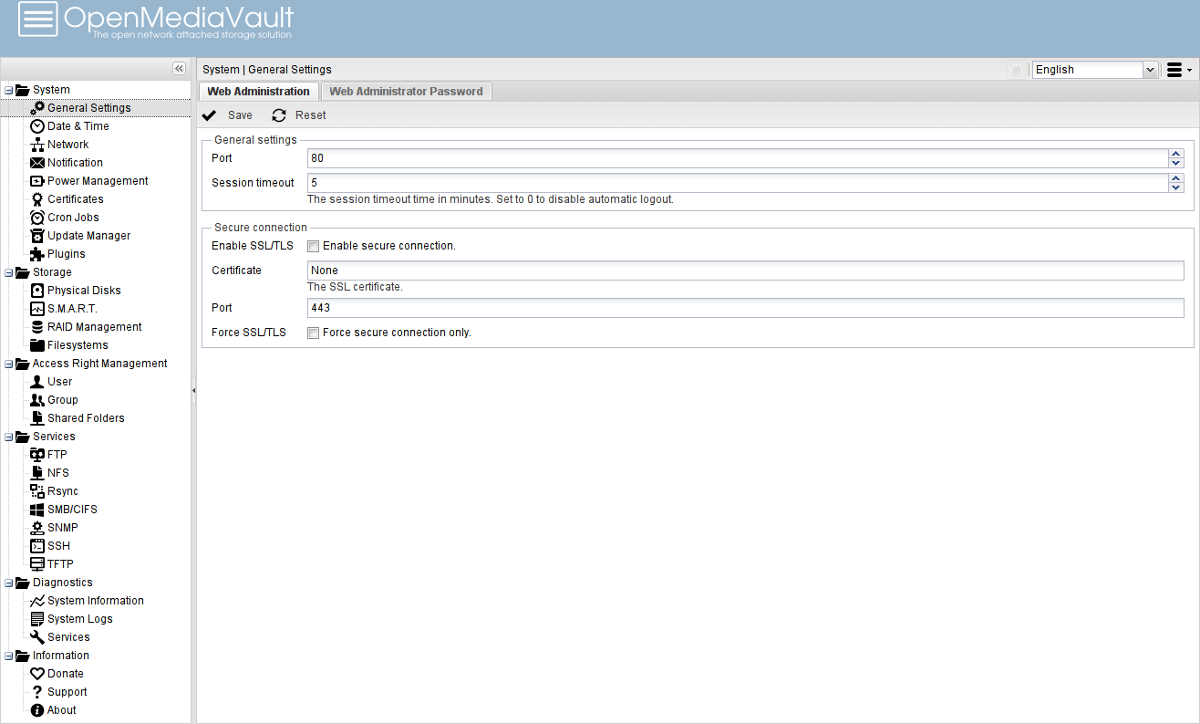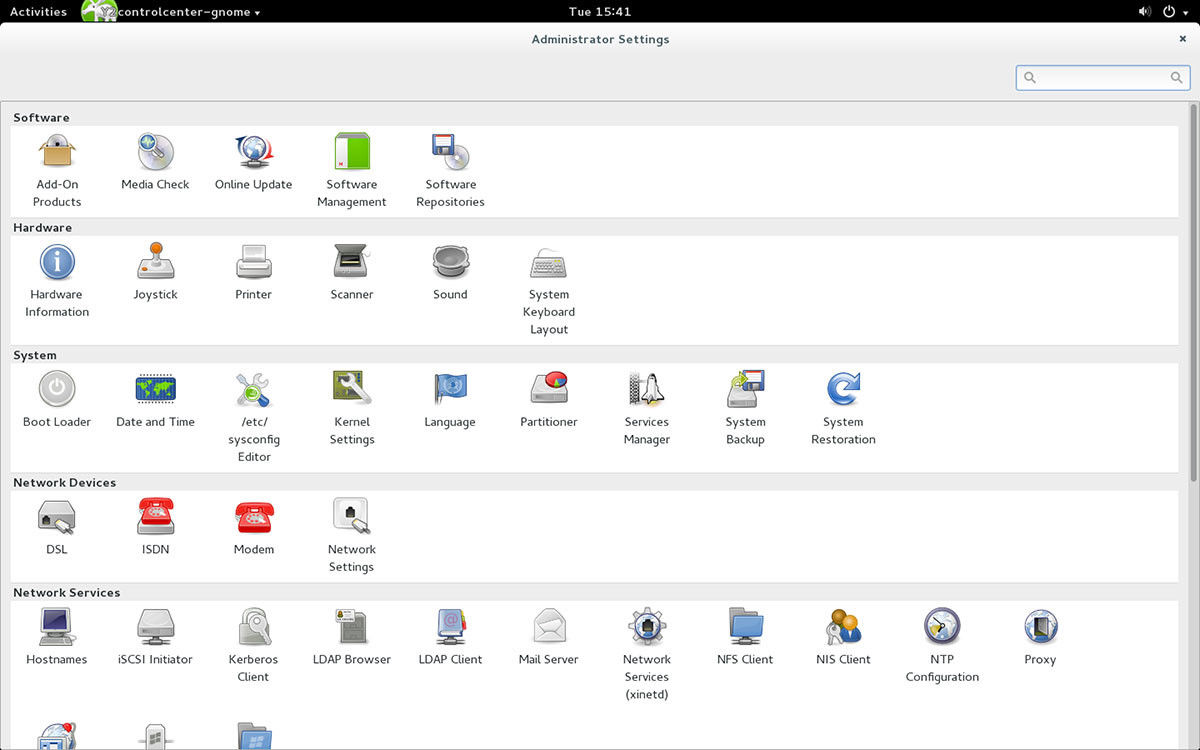The 5 Best Operating Systems To Power Your Linux Server
New to Linux and looking to spin up a server, but not entirely sure what operating system is best for you? Not to worry! In this article, we’ll go over some of the best operating systems for your Linux server. We’ll break down the individual features, and discuss what’s best for you!
1. Ubuntu Server

Ubuntu server is quickly becoming the most used Linux operating system in the enterprise space. Many Linux users of all different skill-sets find themselves flocking to Ubuntu. The reason is simple: setting up a Linux server with the apps you want is simple and easy to get going. Additionally, because it’s Ubuntu, the operating system is very similar to Debian. This means that Debian server vets will feel right at home.
With this operating system, users can enjoy some of the best server software availability on the market. Programs that can’t easily be installed on Ubuntu server are supported by Canonical’s killer snap package feature. For example: installing NextCloud on a server running CentOS takes an hour (give or take). Thanks to snaps, getting a NextCloud instance on Ubuntu server takes minutes.
Along with snaps, and the overall great software availability Ubuntu users can enjoy, the operating system has another major advantage over the others: cost. When it comes to Linux server operating systems, everything isn’t always free. In fact, the way some large companies in the Linux enterprise make money is by charging for an ‘enterprise” version of their operating system. With Ubuntu, users don’t have to pay for enterprise. Instead, the Ubuntu server operating system is free for everyone, and Canonical makes their money by allowing users to opt into support contracts.
If you’re trying to find a good operating system for a server that saves you money and has some seriously useful features, consider downloading Ubuntu server today!
2. CentOS

In the world of Linux servers, there are two main camps: Debian/Ubuntu and Redhat. When it comes to Redhat-based server operating systems, there are many choices. Unfortunately, though a lot of these operating systems are great, they cost money. This is fine, and large companies usually don’t mind forking out what it costs to maintain a subscription to Redhat Enterprise Linux, or SUSE Enterprise, etc. However, for the average user looking to get a home server running, free is better.
That’s where CentOS comes in. It’s a community-centric server operating system heavily based on Redhat Enterprise Linux. It costs 0 dollars, and gives users essentially the same features, such as “100% binary compatibility with RHEL”, a heavy focus on operating system stability (which is very important on a servers), and a guaranteed 5-year support cycle.
Besides the fact that CentOS is an obvious RHEL clone, there are other advantages. The main reason is the fact that it’s only a server operating system, so the entire focus of the project is just about making a good server operating system. This is in contrast to Ubuntu and Suse who also have to focus on desktop Linux.
If you’re familiar with Redhat based tools and you’re looking to find a server operating system that is affordable and stable, give CentOS a go!
3. Debian Stable

It is very difficult to talk about Linux server operating systems without discussing Debian. Many pros swear by this operating system, and for good reason: it is notoriously stable. So stable, in fact that the operating system rarely receives updates. On the desktop, this isn’t such a great thing. Users are expecting the latest and greatest software, and being slow and steady isn’t viewed as a good thing. When it comes to servers, it’s a different story.
Those looking to run a server usually need dependability, and stability. Debian Stable is probably one of the best when it comes to this use case. Developers are hardly ever pushing out patches, which means your server will stay up 99% of the time (instead of rebooting to apply new updates). In addition to stability, Debian has another major advantage: software.
It’s no secret that the main operating system developers focus on is Debian and Debian-like operating systems. For this reason, those using the Debian server (and Ubuntu too) have access to excellent public software repositories, and ported software.
Want an ultra-stable server operating system with a rock-solid base? Try Debian!
4. Open Media Vault

Not all server operating systems exist to run Docker containers, email clients, and complicated database software. Others exist for file storage. These types of servers are known as a “NAS”, or network attached server. The main goal of these types of servers is to sit on your LAN, and be a place where users can easily put data. On Linux, there are many offerings, but none as good as Open Media Vault.
It’s an operating system built on Debian Linux. It is specifically for managing NAS and NAS-like servers. The operating system comes with a remote web-interface that can be access anywhere. By using this operating system users can enjoy noob-friendly support for NFS server hosting, Samba/CIFS file sharing, Rsync, Plex Media Server, Apple DAAP, and more!
Building a NAS for your home to house your data? Make this task a heck of a lot easier by installing Open Media Vault.
5. OpenSUSE Leap

Leap is a great choice for a server operating system if what you want are robust graphical tools instead of all the focus being on the terminal. This isn’t to say that SUSE is lacking when it comes to shell programs, but SUSE specializes in a wonderful tool called YaST. With it, users can easily set up various types of services, manage the system and etc. Though, make no mistake: just because it has YaST doesn’t mean users don’t have the ability to use the terminal. In fact, the SUSE terminal package manager is one of the most impressive tools on Linux.
The main benefit to using Suse Leap is this: even though Leap is free of charge, it regularly enjoys paid features included in Suse Enterprise Linux. If you can’t afford SLE, this is the next best thing. The operating system is mainly targeted at server users looking for stable, Redhat-like experience. It’s also targeting those coming from Windows server, especially those that prefer to manage servers graphically. If this sounds like you, go here to learn more about Leap!
Conclusion
Like the desktop side of Linux, there are many server operating systems on the market to choose from. To be clear, each one of these operating systems are great at what they do. It is because of them and others that Linux continues to dominate the server space to this day. If you’ve been looking to find a great Linux-based server operating system either for your household or place of business, any of the choices on this list is a great start.
What’s your favorite Linux distribution to run on servers? Let us know by commenting below!
